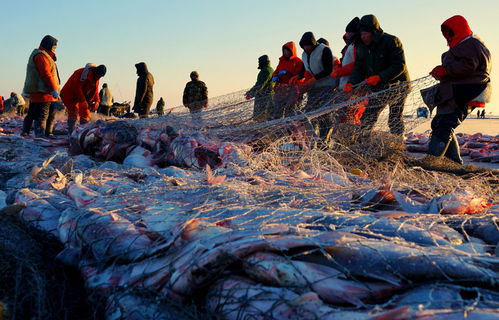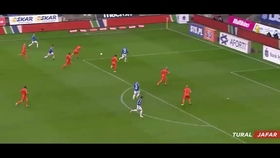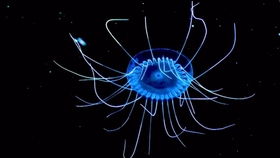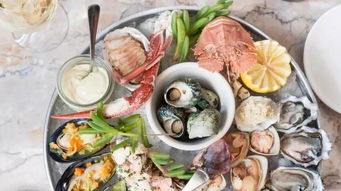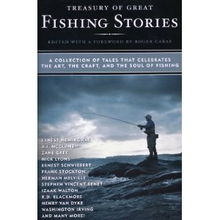Content:
Fishing is an age-old pastime that offers a unique blend of relaxation, adventure, and the thrill of catching a big fish. Whether you are a beginner or an experienced angler, honing your fishing skills is essential to ensure a successful and enjoyable fishing trip. In this article, we will discuss various techniques and methods to help you improve your fishing skills.
Understand the Basics
Before diving into advanced techniques, it is crucial to understand the basics of fishing. Familiarize yourself with the different types of fishing rods, reels, lines, hooks, and lures. Knowing the right equipment for different fishing conditions is the first step towards mastering the art of fishing.
Choose the Right Location
The success of your fishing trip largely depends on the location you choose. Research the best fishing spots in your area and understand the fish species present in those waters. Factors such as water temperature, depth, and clarity play a significant role in determining the best location for fishing.

Learn to Read the Water
Fishing is not just about casting your line and waiting for a bite. Learning to read the water is essential to spot fish and predict their movements. Observe the surface of the water for signs of fish activity, such as bubbles, ripples, or splashes. Pay attention to vegetation, rocks, and other structures that may serve as fish holding spots.
Master the Casting Technique
Casting is a fundamental skill in fishing. To improve your casting technique, practice different casting styles, such as the overhead cast, sidearm cast, and roll cast. Pay attention to your grip, stance, and wrist movement. The more you practice, the more accurate and distance your casts will be.
Use the Right Bait or Lure
Understanding the preferences of the fish species you are targeting is crucial in choosing the right bait or lure. Study the natural prey of the fish and select lures or baits that mimic those movements. Experiment with different colors, sizes, and shapes to find what works best in your fishing environment.
Learn to Present Your Bait or Lure
The way you present your bait or lure can make a significant difference in the success of your fishing trip. Learn to fish various depths and structures by adjusting your retrieve speed and technique. Pay attention to the subtle movements of your lure and experiment with different retrieves to entice fish.
Patience is Key
Fishing requires patience and perseverance. Don't get discouraged if you don't catch fish immediately. Keep experimenting with different techniques and be prepared to wait for the right moment. Fish may take time to respond to your lure, so stay patient and give them a chance to bite.
Understand Fish Behavior
Understanding the behavior of the fish you are targeting can help you predict their movements and increase your chances of catching them. Study the feeding patterns, spawning habits, and migration routes of the fish species in your area. This knowledge will help you time your fishing trips and choose the best techniques.
Keep Your Equipment in Good Condition
Regular maintenance of your fishing equipment is essential to ensure its effectiveness. Check your rods, reels, lines, hooks, and lures for any signs of wear and tear. Replace or repair broken or damaged equipment to avoid losing fish or having a poor fishing experience.
Continuously Learn and Improve
The world of fishing is vast and ever-evolving. Attend fishing workshops, join local fishing clubs, and read fishing magazines to stay updated on the latest techniques and trends. Continuously learning and improving your skills will make you a better angler and enhance your overall fishing experience.
In conclusion, mastering the art of fishing requires a combination of knowledge, practice, and patience. By understanding the basics, choosing the right location, mastering the casting technique, using the right bait or lure, and understanding fish behavior, you can improve your fishing skills and enjoy more successful fishing trips. Remember to always practice ethical fishing and respect the natural environment. Happy fishing!


